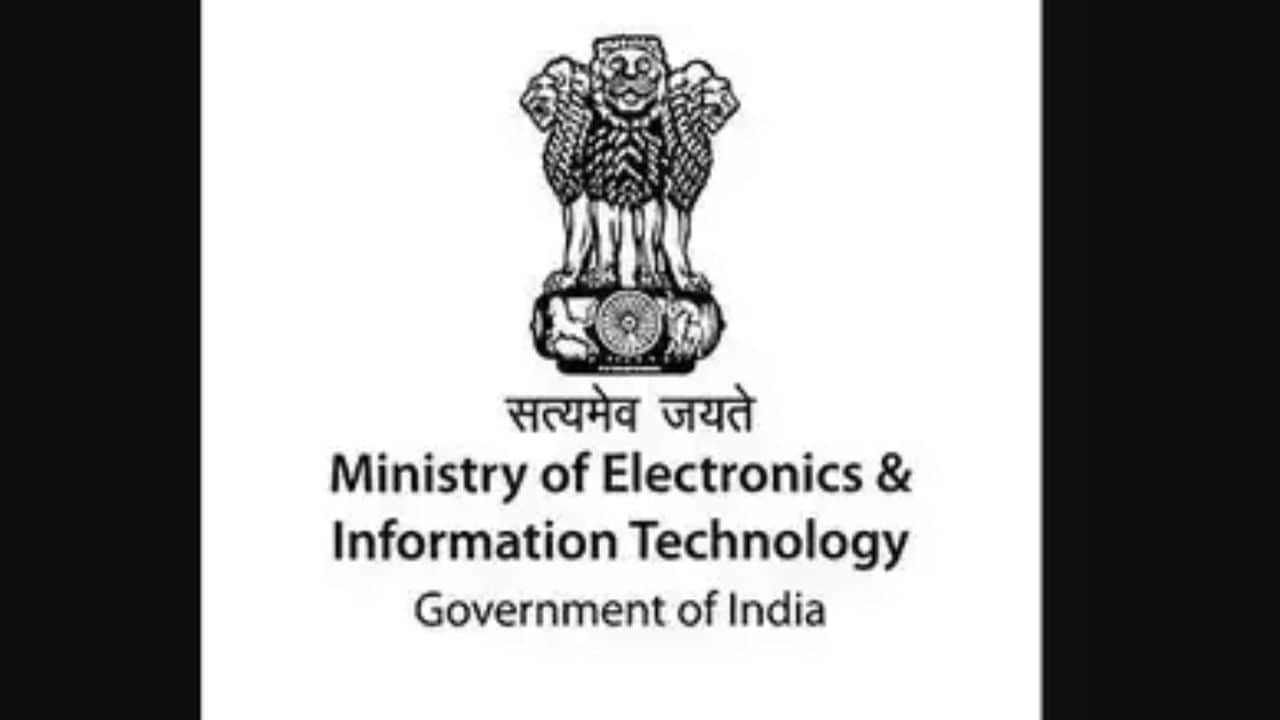Who will win the Delhi assembly elections? Will India secure the Border-Gavaskar Trophy? Will Akshay Kumar’s film Sky Force cross Rs100 crore at the box office? These are some of the questions posed to users on various real-money gaming apps and websites that allow users to wager on the outcomes of future events.
The unchecked rise of such games on real-money gaming platforms has drawn the attention of the Ministry of Electronics and Information Technology (MeitY). Globally, in countries like the United States, the United Kingdom, and Australia, opinion trading apps and websites are classified as wagering platforms and are regulated. In India, however, there is still a lack of specific legislation to govern these activities.
A senior official from MeitY, speaking on condition of anonymity, told Storyboard18: “We are well aware of certain apps and websites engaging in opinion trading. They exploit loopholes in the system to expand their business. We will soon issue an advisory on this matter.”
A representative from the real-money gaming (RMG) industry stated: “Opinion trading is essentially betting. Wagering on future outcomes is akin to making money through predictions. Unfortunately, a handful of people involved in these activities tarnish the reputation of the entire RMG industry, casting us in a poor light with regulatory bodies like MeitY.”
Interestingly, opinion-based games are thriving on these platforms, often at the expense of skill-based games like poker and rummy. “Many organizations affected by the Goods and Services Tax (GST) regime have started offering opinion-based games on their platforms to generate revenue. However, in the long run, this trend could hinder the growth of these platforms if left unchecked,” said a senior counsel from a prominent law firm.
Legal precedent offers some clarity on the issue. In Manoranjithan Manamyil Mandram v. State of Tamil Nadu (2005), the Madras High Court ruled that determining whether a game is one of skill or chance depends on the specific circumstances of each case. The Court further held that even if a game involves elements of chance, it will not be classified as gambling if skill is the dominant factor in determining the outcome.
Similarly, in R.M.D. Chamarbaugwala v. Union of India (1957), the Supreme Court of India upheld this principle, ruling that games primarily based on skill are considered “mere skill” games and are protected as legitimate trade and business activities under the Indian Constitution. The Court also noted that games where chance outweighs skill are classified as gambling and are subject to regulatory prohibitions. These rulings form the foundation of the legal framework governing skill-based games in India and have been applied to both offline and online gaming.
Another industry stakeholder commented: “Advocacy bodies and federations have distanced themselves from opinion-based games and apps. They are aware that such games are more chance-based than skill-based. We are hoping the government provides a clear regulatory framework for these types of platforms.”
The absence of clear regulations for opinion-based gaming leaves a grey area that both players and platforms continue to exploit. Opinion based games appeal to a wide audience and generate substantial revenue, their similarity to wagering and gambling creates challenges for the broader RMG industry. It is imperative for the government, especially MeitY, to establish comprehensive guidelines to address these challenges.
